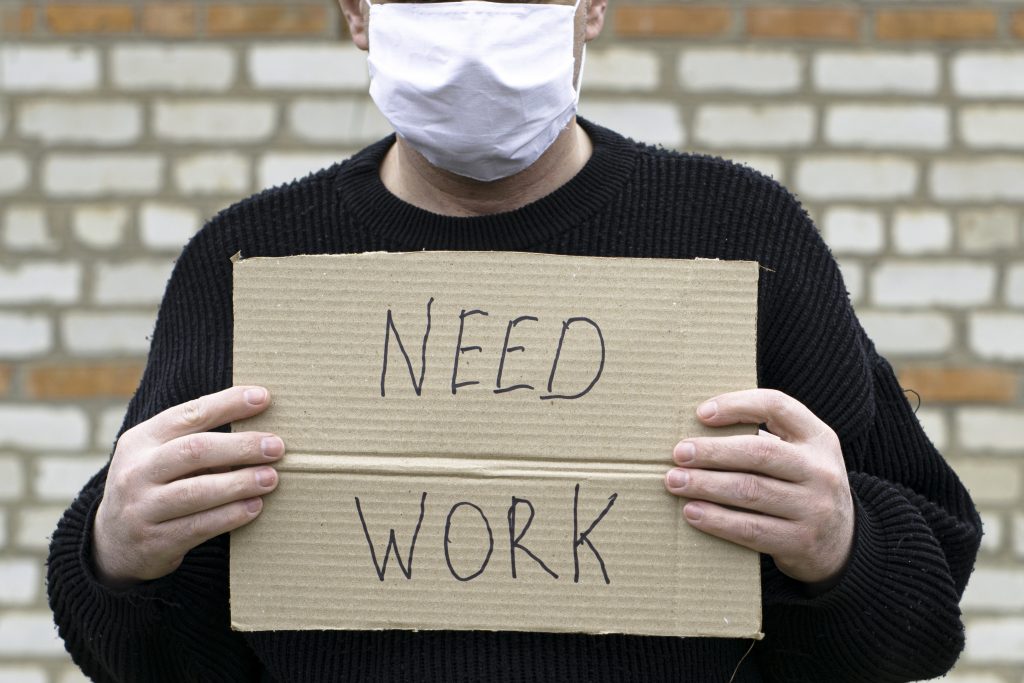Tens of thousands of Maine households are still struggling to afford basic needs such as groceries and rent, according to the latest data from the US Census Bureau.
Across the state, a steady but slow recovery since the start of the pandemic recession has not yet alleviated hardship for families, highlighting the urgency for Congress to enact a bipartisan relief package that’s robust enough to see Mainers through the ongoing crisis.
The new data comes from the latest round of the US Census Bureau’s Household Pulse Survey, which interviewed adults during the week of August 19-26. While the survey found some modest improvement over the previous month, tens of thousands of Mainers are still experiencing hardship:
- One in four households, representing almost 270,000 adults, said they found it “somewhat” or “very difficult” to pay their usual household expenses in the past week. This included more than 60,000 adults living in households that “sometimes” or “often” couldn’t afford enough food to eat during the past week, a 15 percent reduction since July.
- Among adults with rent or mortgages to pay, one in eight — or75,000 adults — had either “no confidence” or only “slight confidence” that they could make their next month’s payment, a roughly 6 percent decrease from July.
- During the survey period, on August 22, Maine Department of Labor reported unemployment compensation data indicating that at least 70,415 Mainers were currently laid-off.
The longer the pandemic recession goes on without a renewed federal response, the more these hardships compound for struggling families. Only the federal government has the resources to put together a large enough relief package to meet the scope of the crisis.
The US House of Representatives passed a $3 trillion bill in May, but the Republican-controlled Senate has been unable to agree on its own relief plan, even as initial assistance programs have expired. As of this writing, there is no new pandemic relief coming from Congress because of the Senate’s failure to act.
The House and Senate are both still in session, and it’s not too late to pass a relief package that helps struggling families afford food and housing, provides adequate relief to laid-off workers, and sends emergency funds to help fuel states’ economic recoveries.




